Winter in Yellowstone National Park is as breathtaking as it is challenging, with temperatures often dropping below freezing and snowfall creating a stunning yet demanding environment. As the park wraps itself in a thick blanket of snow from November through April, the right gear becomes about comfort and safety.
In this guide, we'll cover 22 must-have items for your winter trip that cater to your unique conditions. Discover why each item is crucial, including one that might save your life in the expansive snowy terrain.
Read on to ensure you're fully prepared to tackle the cold and make the most of your winter Yellowstone adventure.
1. Warm Clothing

Pack thermal underwear, insulated pants, fleece layers, a warm jacket, gloves, a beanie, and a scarf, focusing on materials that retain heat even when wet. Your outermost layer should shield you from wind and moisture, and remember that layering allows you to adapt to the changing weather conditions throughout your day in Yellowstone.
2. Drinking Water
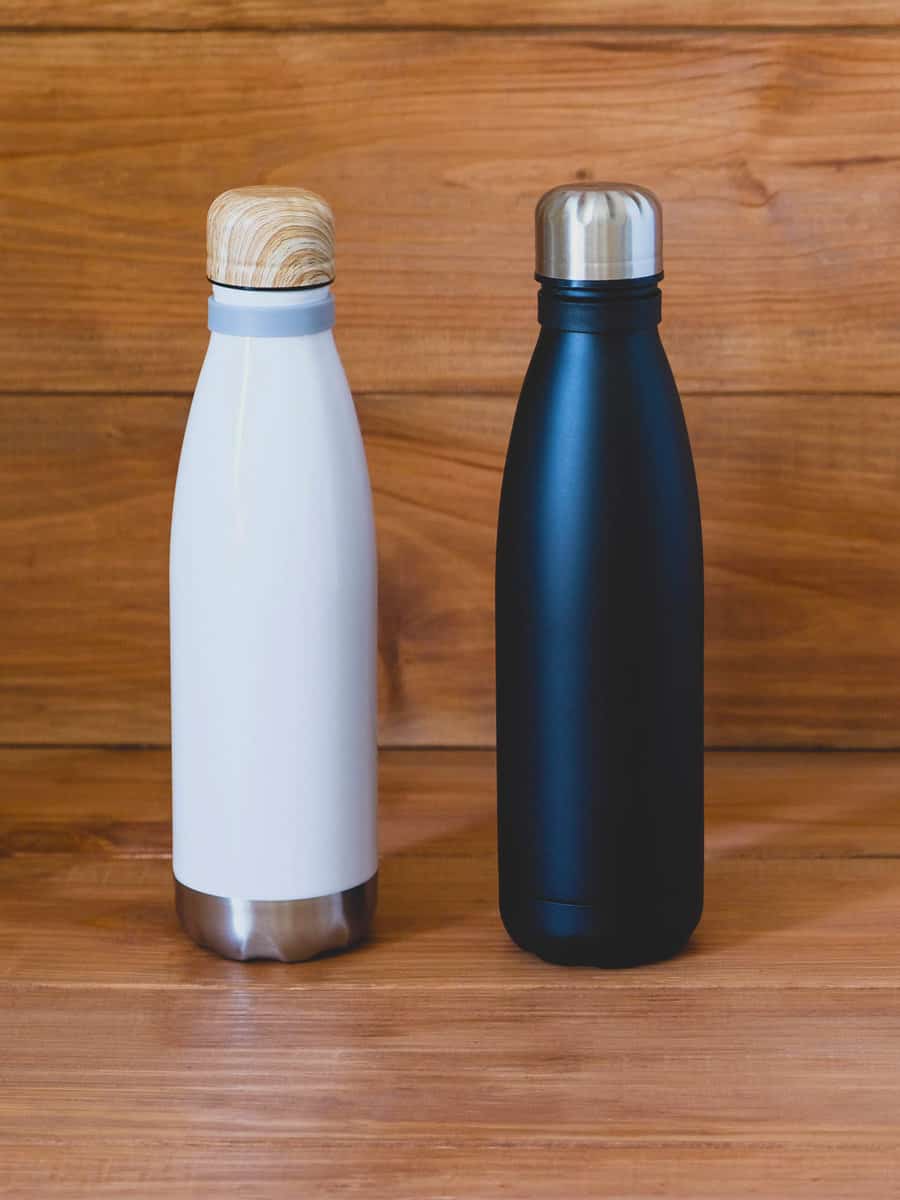
Carry insulated water bottles to keep your water from freezing, and aim to drink regularly, as cold weather can mask signs of dehydration. At least half a gallon (2 liters) per day is recommended to stay hydrated during winter activities.
3. First Aid Kit
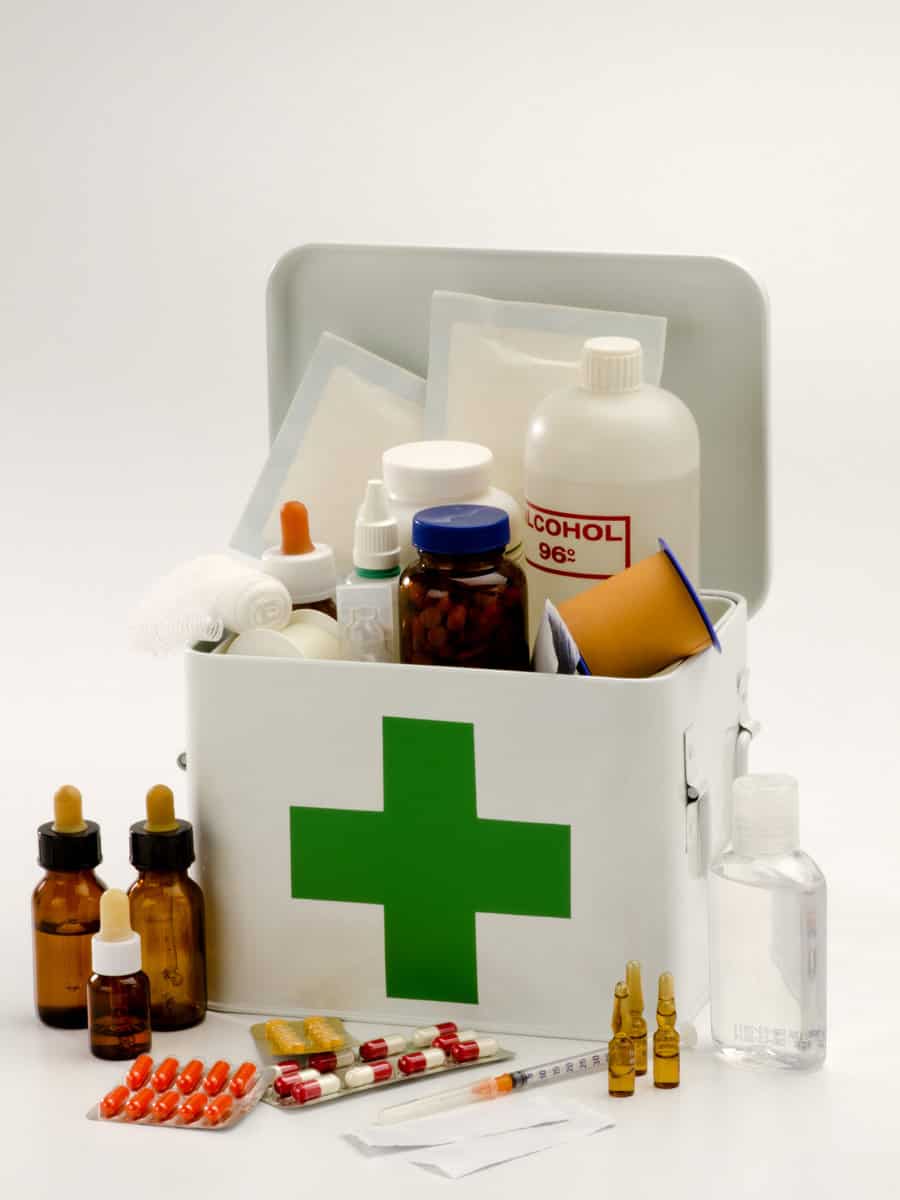
A well-stocked first aid kit should include bandages, antiseptic wipes, blister plasters, pain relievers, and any personal medications, with additional items for potential cold-weather injuries. Regularly check the expiration dates and replenish any used or out-of-date supplies before your trip.
4. Mobile Phone and Charger
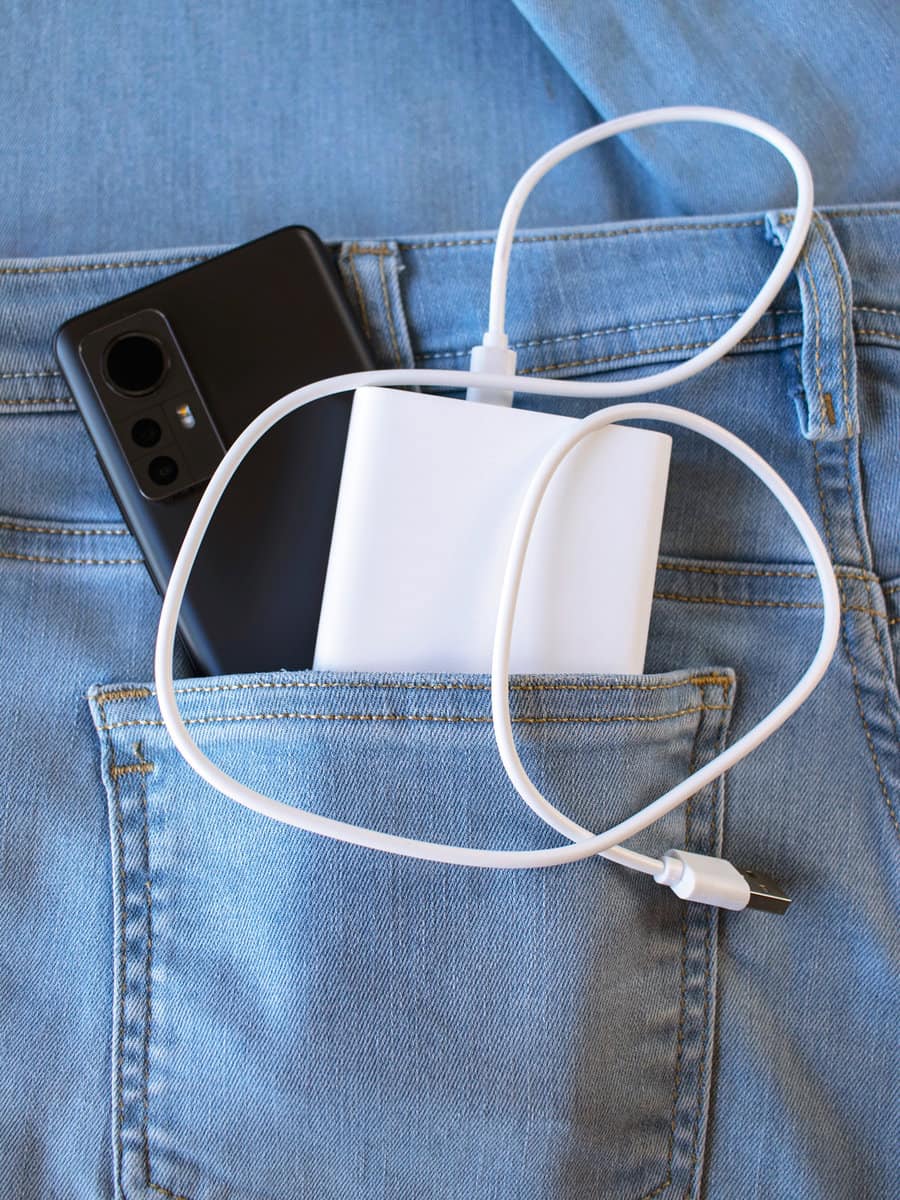
A charged mobile phone is vital for communication; conserve its battery life by using airplane mode when a signal is not needed. Always have a car charger or portable power bank on hand, and consider a solar charger an eco-friendly option during daylight hours.
5. Blankets

Extra blankets are essential for additional insulation in case of a vehicle breakdown or if you need to stay warm outside for extended periods. Opt for wool or specially designed thermal blankets that provide maximum warmth with minimal bulk.
6. Warm, Comfortable Footwear and Socks
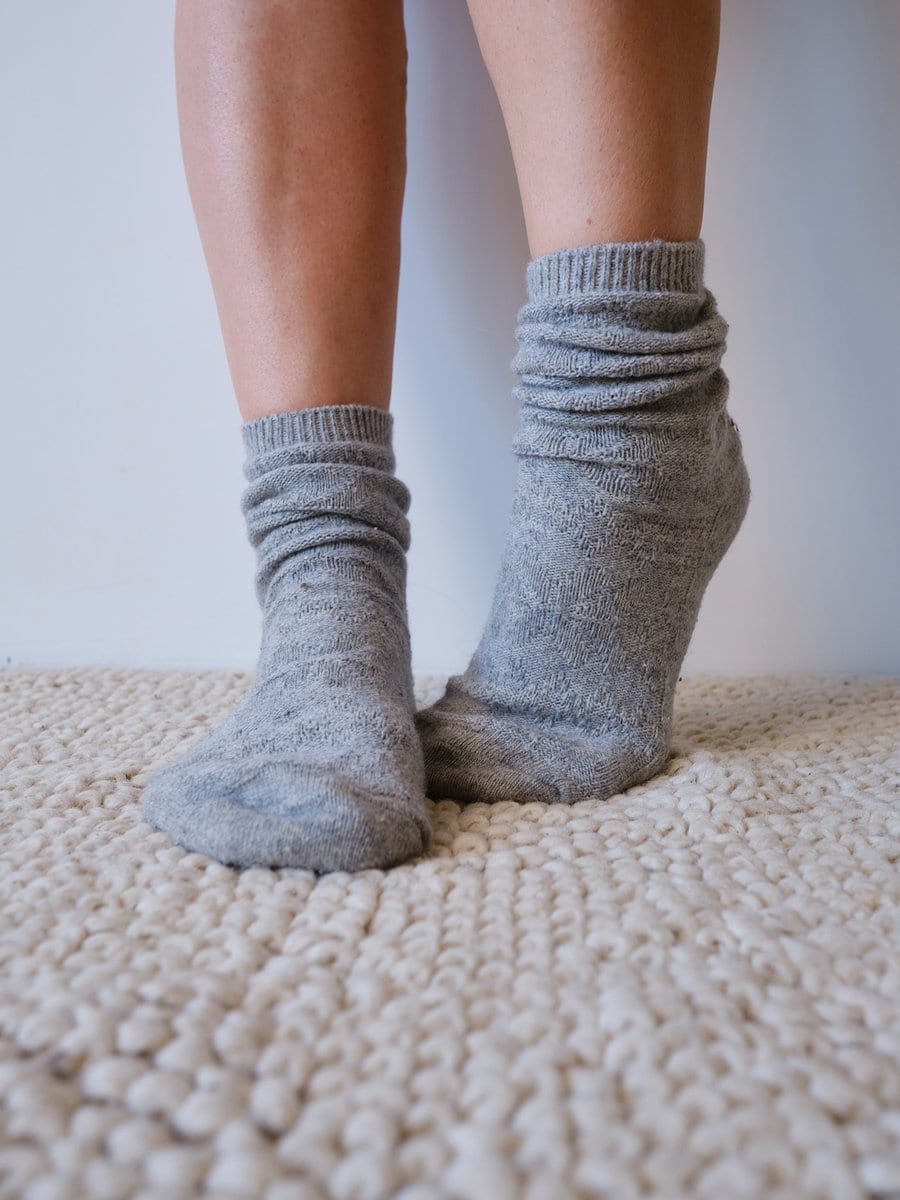
Select waterproof and insulated boots along with wool or thermal socks to keep your feet dry and warm against the snow and cold ground. Good footwear is crucial for maintaining comfort and preventing frostbite during winter treks.
7. Non-perishable, High-energy Food

Stock up on snacks like nuts, energy bars, and jerky, which are ideal for maintaining energy levels during cold weather and won't spoil. These high-calorie foods are compact and lightweight, making them easy to carry during your Yellowstone explorations.
8. Flashlight and Extra Batteries
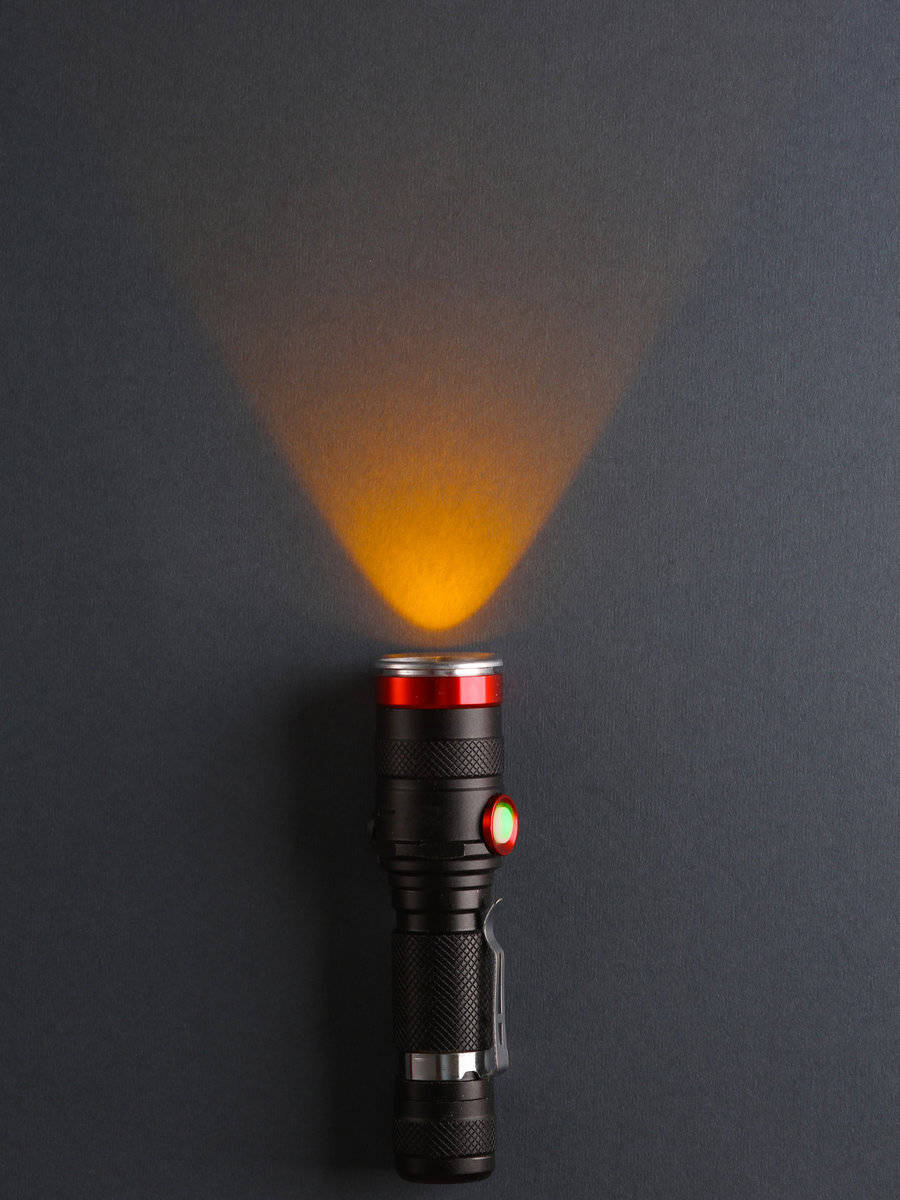
A reliable flashlight is important for navigating the early nightfall of winter, so always pack extra batteries or consider a hand-crank flashlight that doesn't require them. LED flashlights are more energy-efficient and provide a brighter light, which is especially useful in the vast wilderness of Yellowstone after dark.
9. Jumper Cables
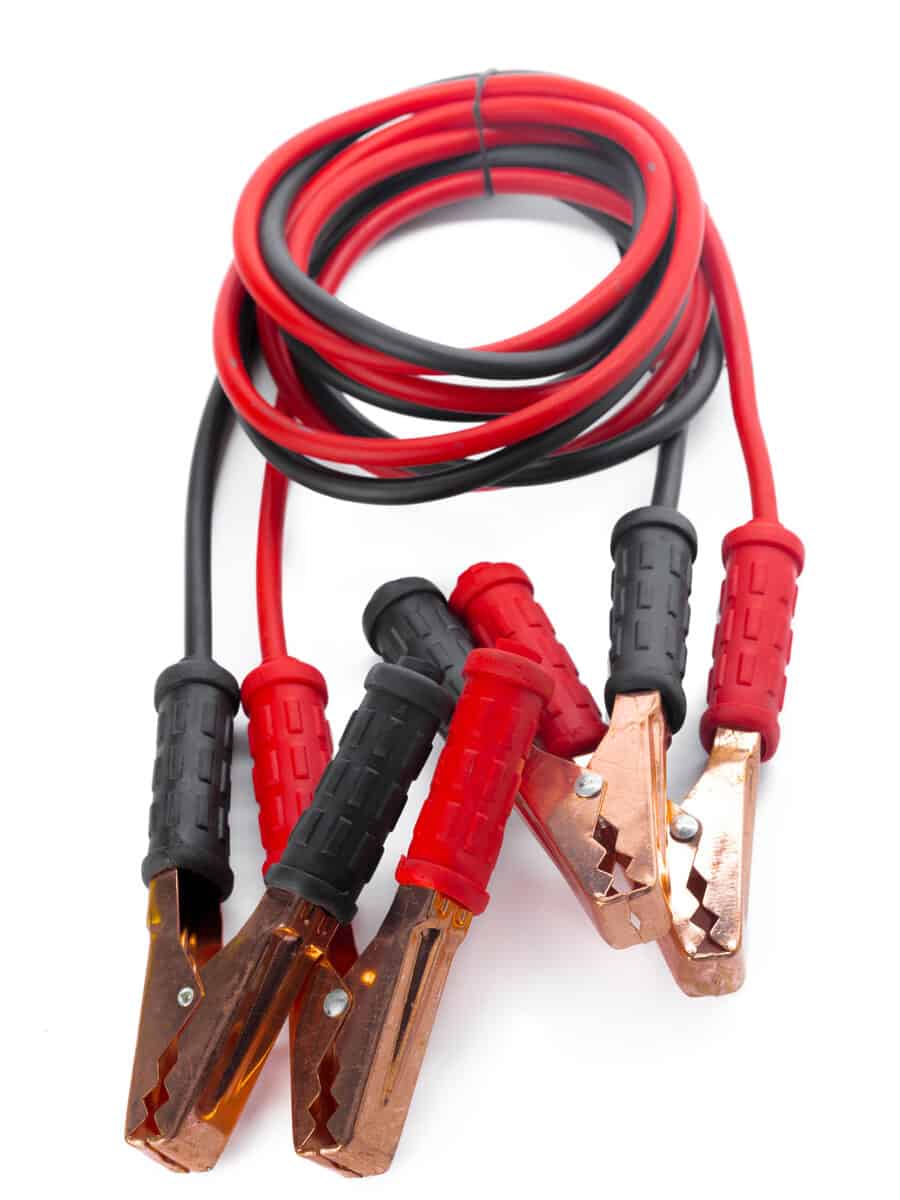
The cold weather can reduce your vehicle's battery life, so jumper cables are a must-have to restart your car in case of a battery failure. Keep them easily accessible and ensure you know how to use them safely to avoid being stranded in remote areas of the park.
10. Essential Utility Tools
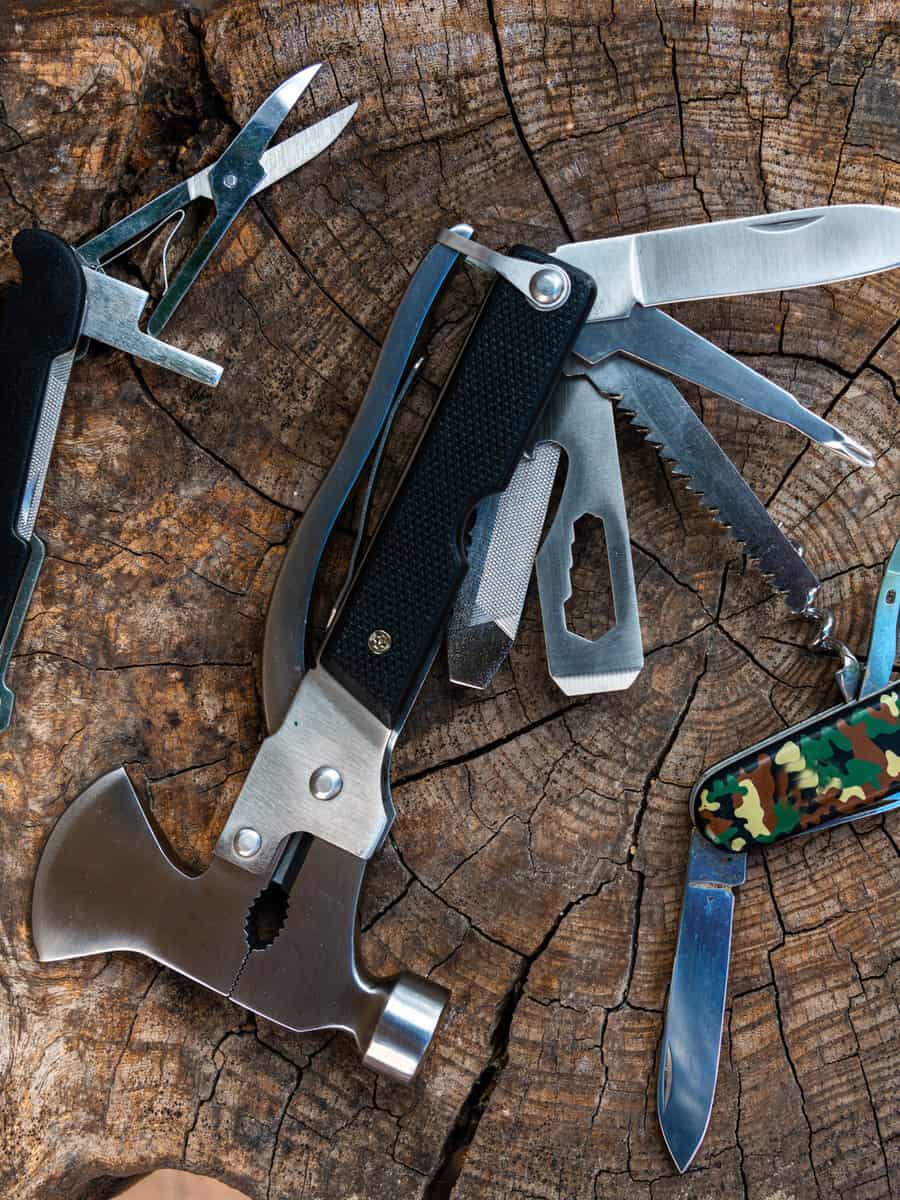
Pack a basic tool kit, a sturdy multi-purpose knife, and a shovel for unexpected situations, such as minor repairs or digging your vehicle out of the snow. These tools can also be useful for cutting firewood or clearing a campsite if you're staying overnight.
11. Matches in a Waterproof Container

Carry matches to start a fire for warmth or cooking in an emergency, keeping them in a waterproof container to prevent moisture from rendering them useless. Strike-anywhere matches are a good choice as they can be lit easily under various conditions.
12. Backup Tire
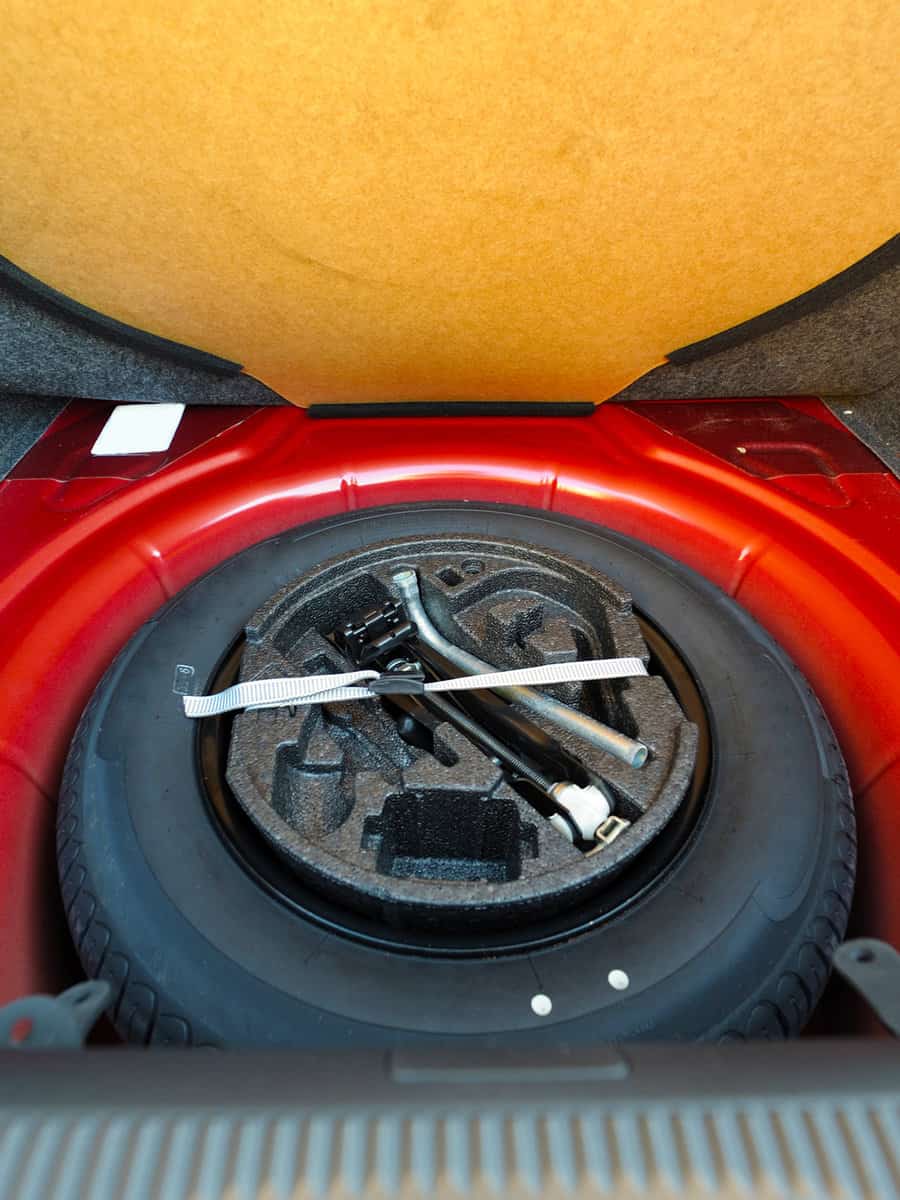
A fully inflated spare tire, along with the necessary tools and knowledge to change it, is critical, as flat tires can occur from rough, icy roads. Check the condition of your spare tire before your trip, as well as the jack and tire iron, so you're prepared for any tire-related issues.
13. Windshield Ice Scraper
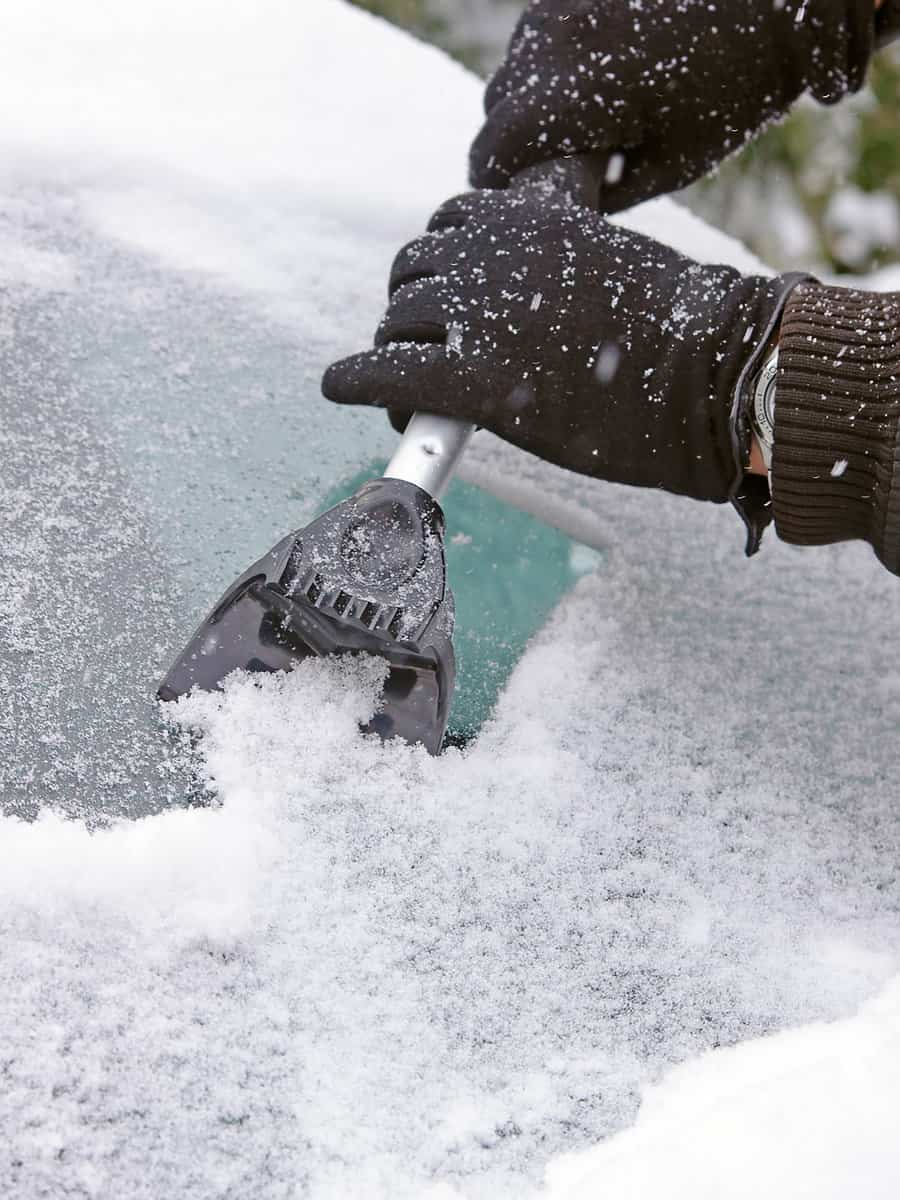
Clear visibility is crucial for safe driving; an ice scraper helps remove ice and snow from your windshield and windows. Choose one with a brush attachment to sweep away loose snow before scraping the ice.
14. Battery Operated Radio
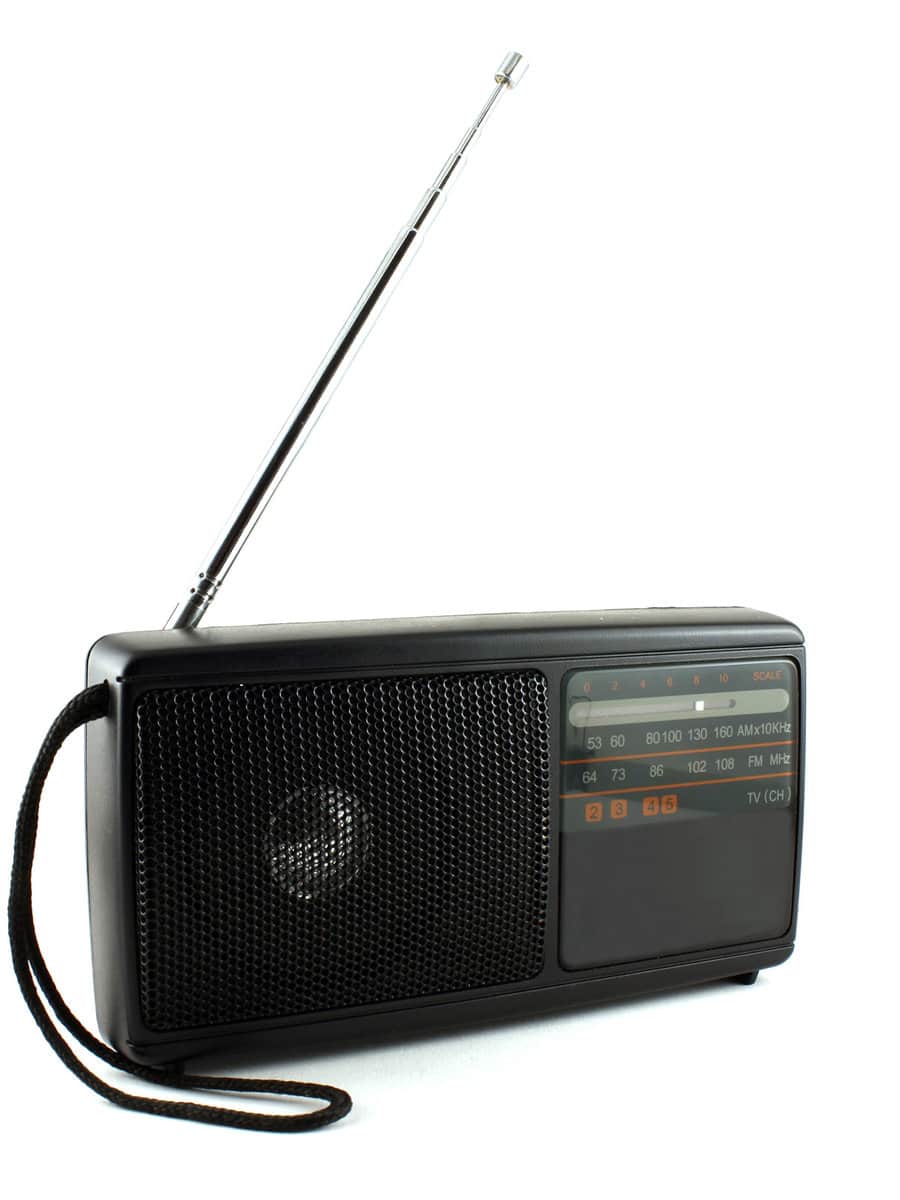
A battery-operated or hand-crank radio keeps you informed about weather conditions and park updates, which can change rapidly. Ensure you have extra batteries or a hand-crank model so you're never without access to important information.
15. Auto Maintenance Essentials
Include starter fluid, extra oil, and de-icer in your vehicle maintenance kit to handle common winter car troubles. Regularly check your antifreeze levels and battery health before setting out to prevent issues in the cold.
16. Grit or Sand

These can be lifesavers if your vehicle gets stuck in the snow by providing the necessary traction to move again. Store a bag of sand or cat litter in your trunk; it's an easy and effective way to improve tire grip in slippery conditions.
17. Durable Rope or Wire

A strong rope or length of wire can be used for various purposes, from makeshift repairs to securing items on your vehicle. Opt for a high-tensile strength material that can withstand the weight and pressure of pulling or holding heavy objects.
18. Tow Strap
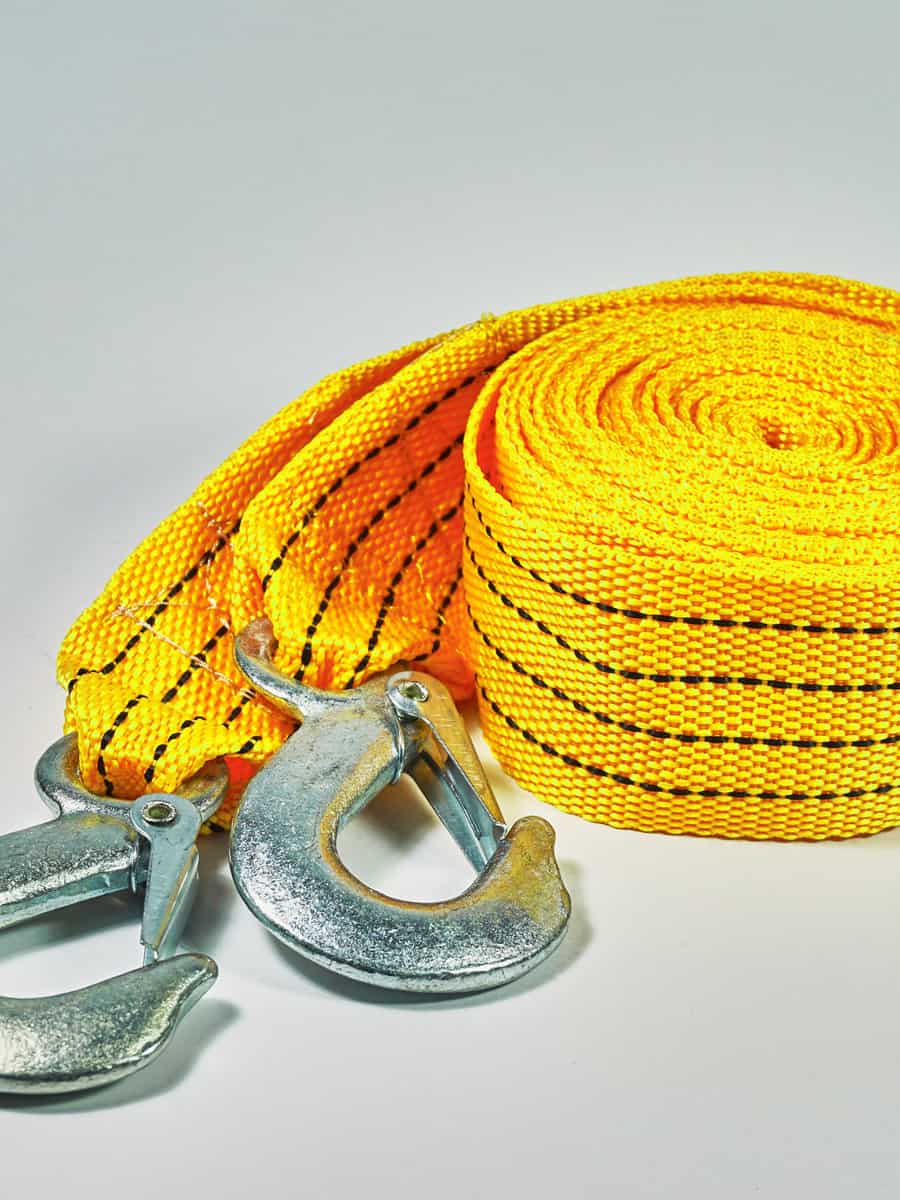
In case you or another vehicle gets stuck, a heavy-duty tow strap can help in pulling the vehicle out of the snow. Make sure it's rated for the weight of your vehicle and that you understand how to use it properly to avoid any damage or injuries.
19. Map of Yellowstone
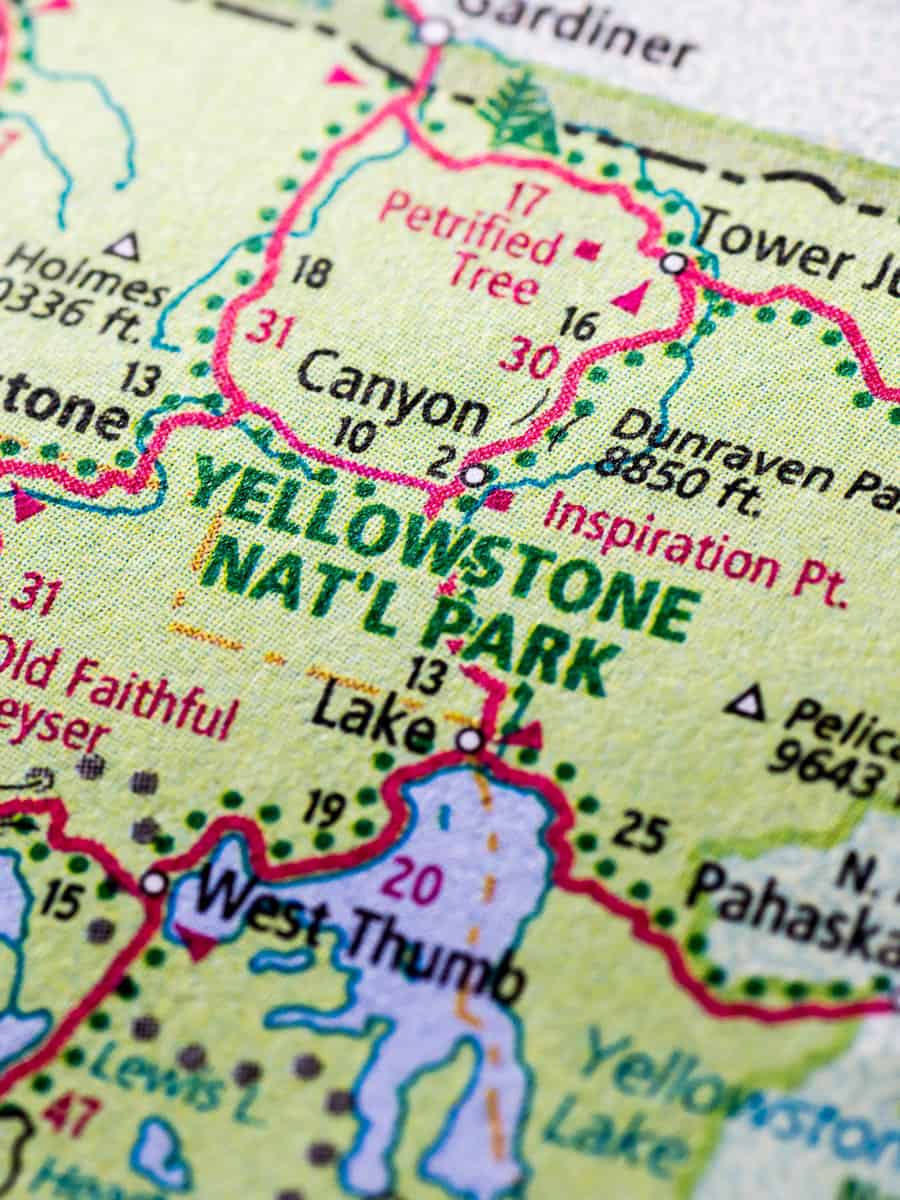
Even with modern GPS technology, a physical map is a reliable backup and can be invaluable when electronic devices fail due to cold or loss of power. Before you go, familiarize yourself with the park's layout and main attractions, and keep the map handy while exploring.
20. Lip Balm and Moisturizer
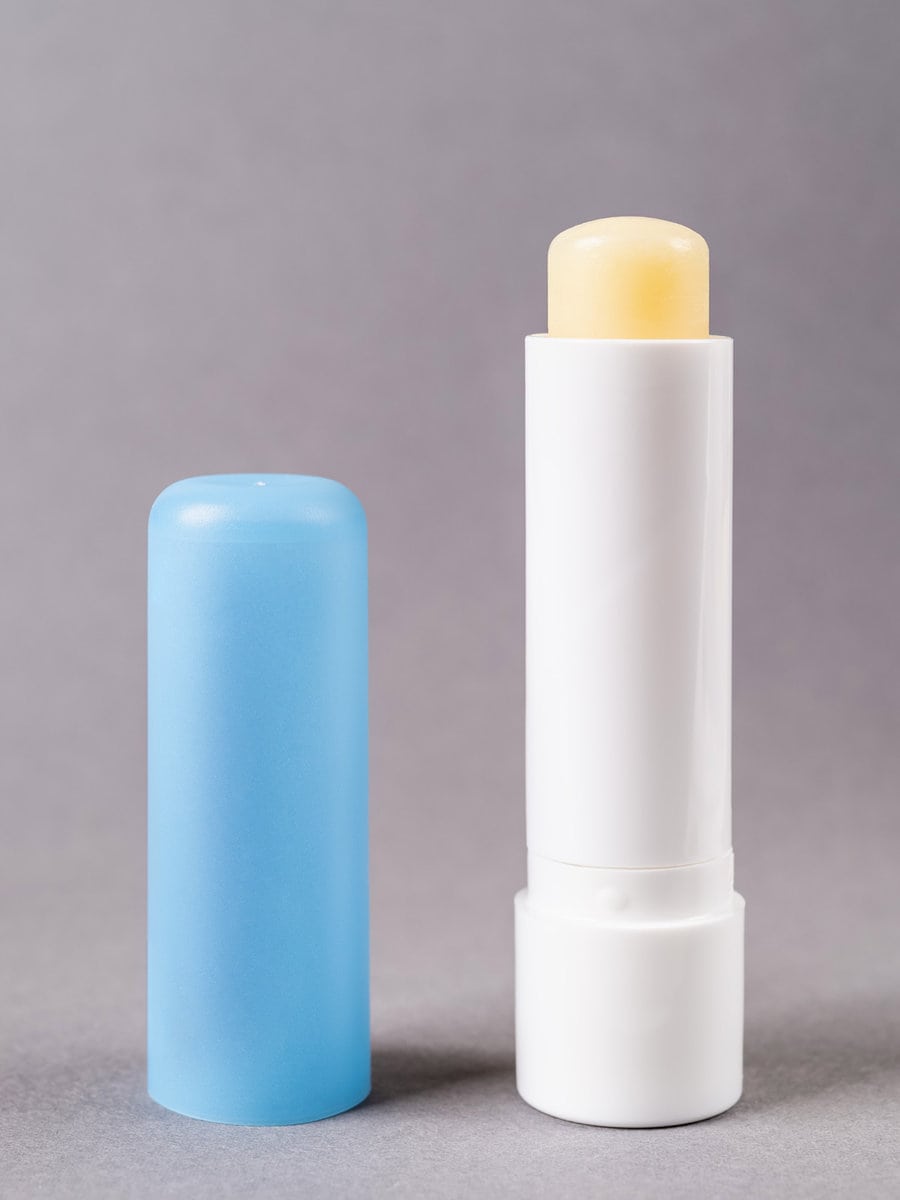
Cold, dry air can cause chapped lips and dry skin, so bring a lip balm with SPF protection and a moisturizer suitable for your face and hands. Apply them regularly to prevent cracking and discomfort, which the winter elements can exacerbate.
21. Emergency Whistle
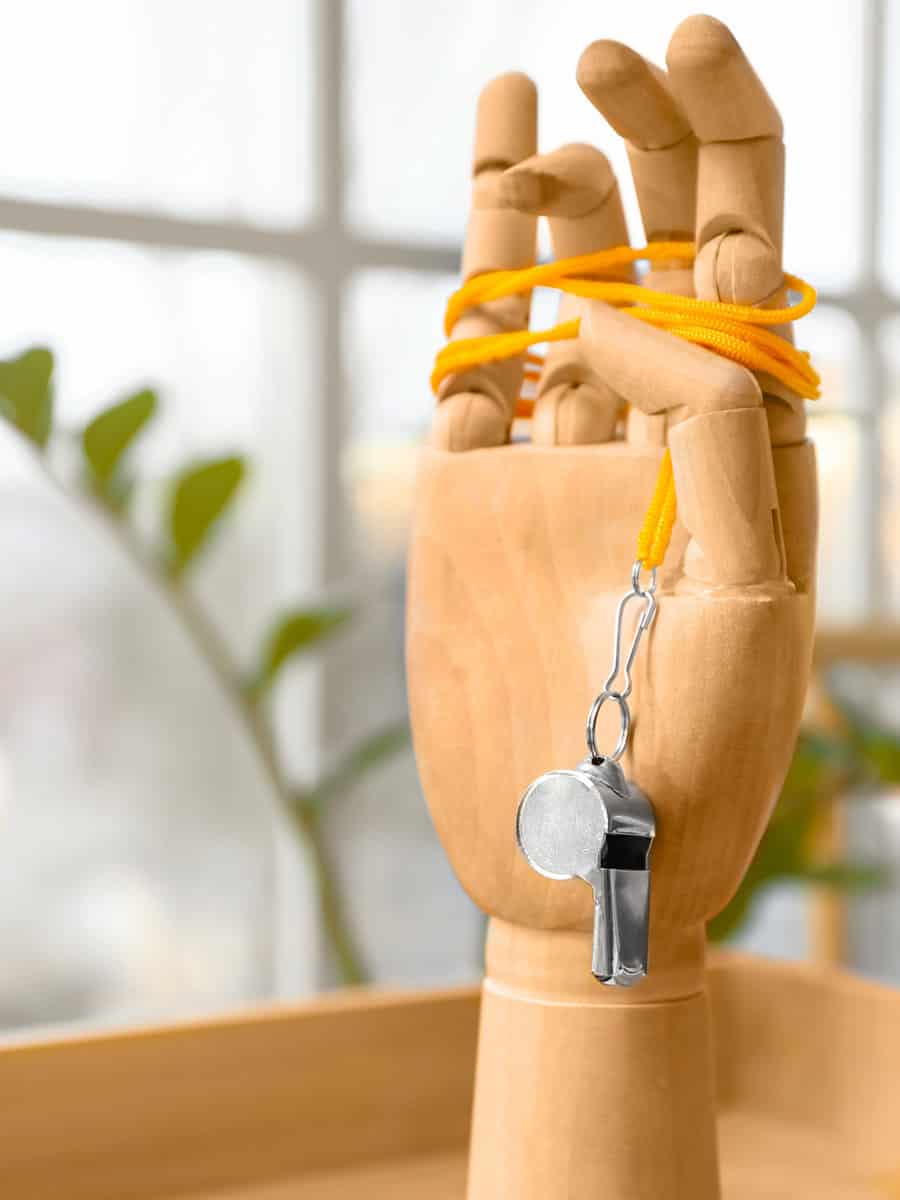
An emergency whistle can be a vital tool for signaling help, as its sound carries farther than the human voice, especially in vast, open areas. Please keep it on a lanyard around your neck or attached to your outerwear for easy access if you get separated from your group or need to signal for assistance.
22. Emergency Reflective Blanket
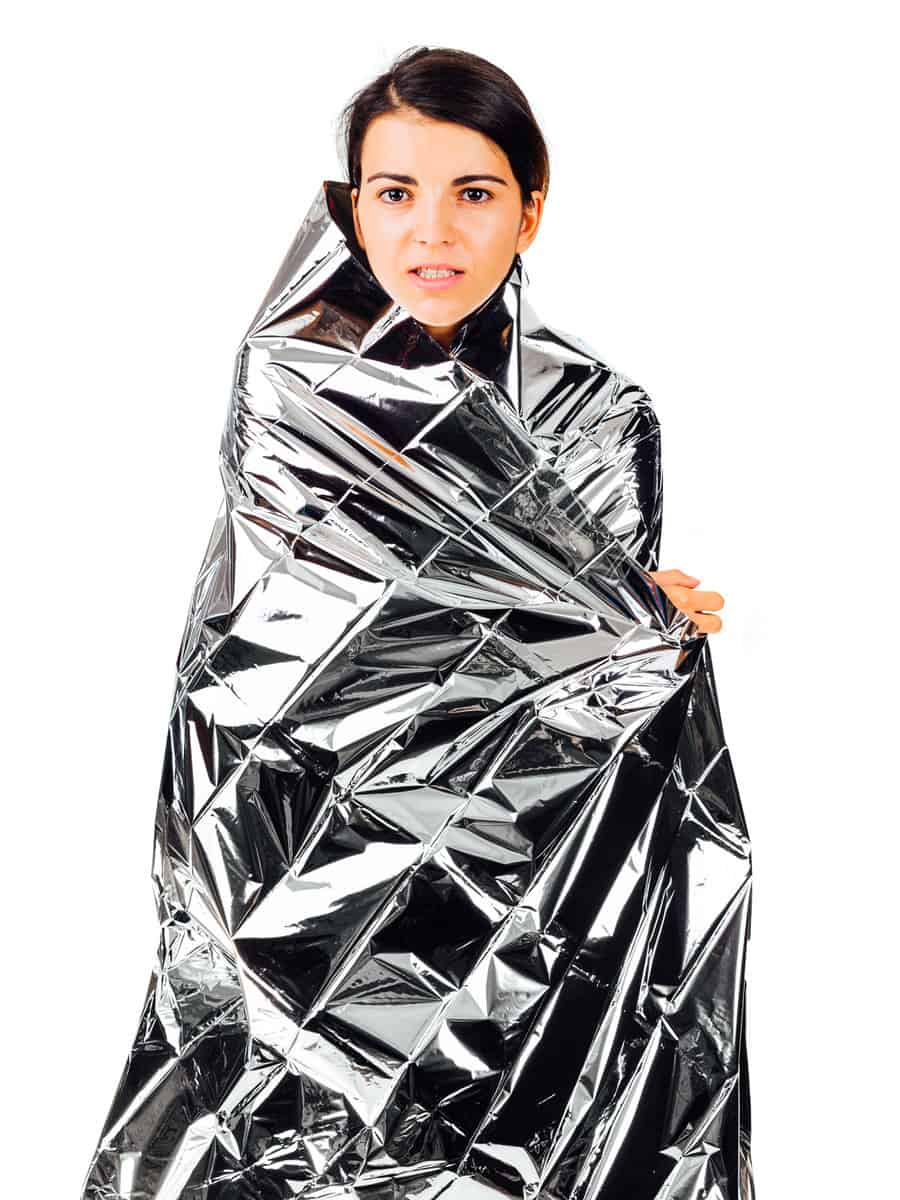
Compact and lightweight, an emergency reflective blanket can help retain up to 90% of your body heat and prevent hypothermia in extreme conditions. It can also be used as a signaling device due to its reflective surface, making it a multifunctional piece of safety equipment.
Alongside your essentials, enhance your trip by exploring our brief guides on winter exploration tips and unique activities in Yellowstone. They're full of insights to keep you safe and introduce you to the joys of the park, like snowmobiling and wildlife watching.
Ready for Yellowstone Winter Wonders!
Heading out into Yellowstone's winter wonderland is an experience like no other. With these 23 must-haves, you can enjoy the park's snowy beauty safely and comfortably. Keep this list handy, and you'll be well-prepared for whatever this chilly adventure throws your way. Now, gear up and prepare to make some incredible winter memories in Yellowstone.
